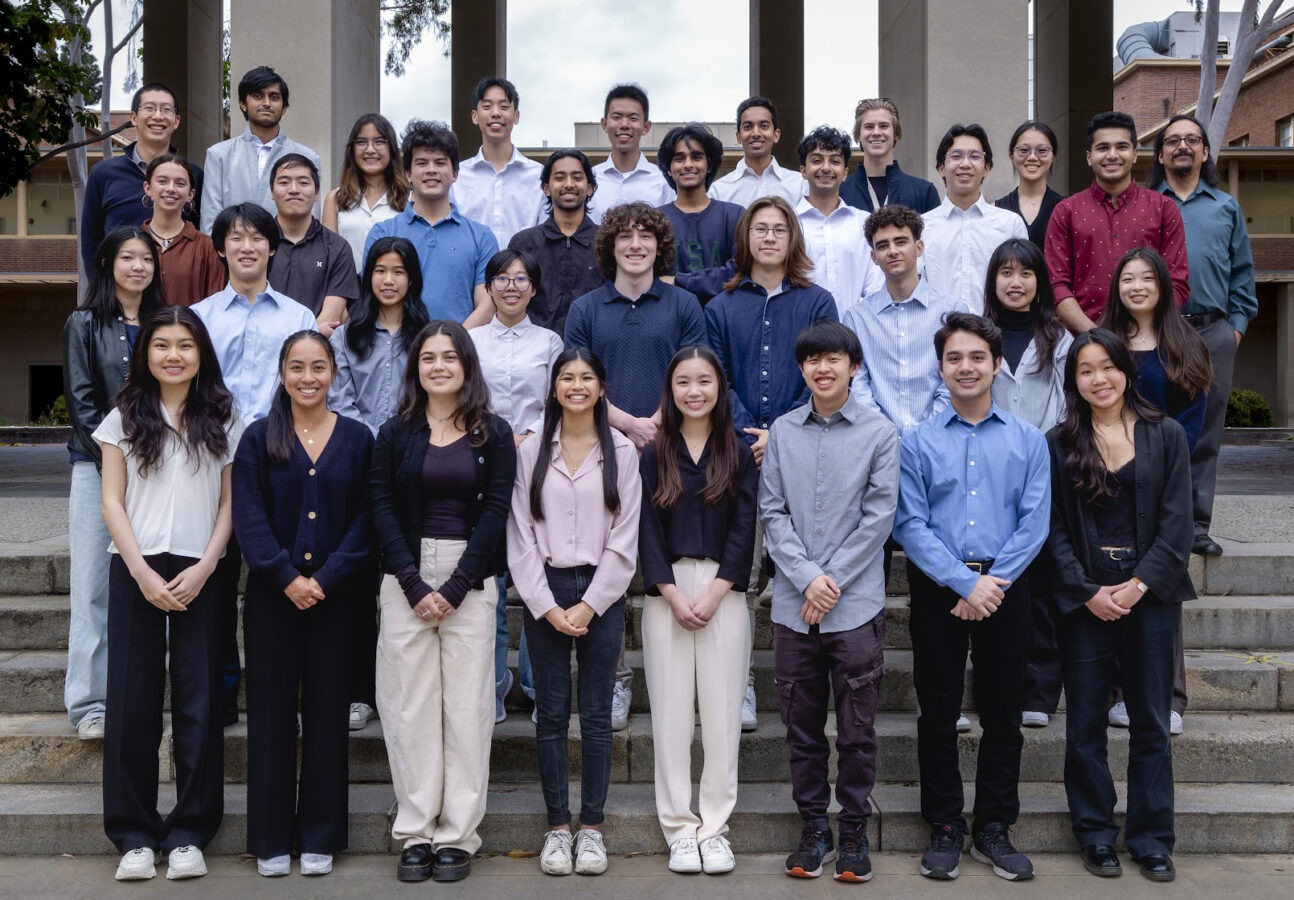Rita Aksenfeld | June 20, 2024
Finding the correct adaptor to connect your devices can be frustrating. One might use USB-C, another Micro-USB, and a third only Bluetooth. Space agencies and aerospace companies experience this same challenge when they need to add payloads which come from different universities or companies to their satellites. Linking each unique payload and main system combination requires a lot of time and resources, so many organizations are interested in developing a uniform method that works for every situation.
To solve this problem, NASA recently announced that a group of UCLA undergraduate students are one of three finalists in their TechLeap competition to design a universal interface to support payload integration onto various commercial suborbital vehicles, orbital platforms, and planetary landers. In addition to the initial $200k prize, there is potential for future funding and support from NASA to help accelerate the maturation of teams’ technologies.
This group of students are part of the ELFIN (Electron Losses and Fields Investigation) group in Professor Vassilis Angelopoulos’s lab in the Earth, Planetary, and Space Sciences Department at UCLA, which is also affiliated with the UCLA SPACE Institute. These students face off against other universities, heavily funded research centers, and even aerospace companies. “They seek challenges fit for major space hardware providers in industry, and they tackle them with ingenuity and rigor,” Prof. Angelopoulos shares. “I couldn’t be prouder of their accomplishments.”
Team Lead Sophie Ye describes the importance of this project, “It’s very exciting to work on a project that will be able to simplify spaceflight for others — satellites are already such a complex domain, and it’s hard enough engineering a payload to survive the journey, never mind worrying about how it’ll interface with flight vehicles.” By designing a universal interface system, Ye and her colleagues are streamlining the process for everyone from high school students working on a CubeSat to researchers designing scientific instruments. “A good design would cut out a lot of redundant engineering work since it is customizable and can be used universally,” says Electrical Lead Naomi Weiss. This project not only simplifies the process of spacecraft integration for everyone, but makes the entire process more accessible for groups who are still building their expertise.
The next step in the challenge is working with NASA engineers to build and test the students’ design. This opportunity will allow them to refine their design at a larger scale and, pending successful completion of challenge milestones, potentially fly their technology on an actual flight test. “I’m excited to move onto the next stage of the TechLeap challenge, where we can work directly with NASA to build and improve our design,” says Software Lead Aiden Szeto. Furthermore, the connections and experience these undergraduate students develop are invaluable as they enter the next phase of this project and their careers.
Want to learn more about the ELFIN project? Watch this video created by the ELFIN team:
Tags: Awards, News, space, space Institute, Students
 The 2023-2024 ELFIN student team represents a diverse array of backgrounds and skillsets, with the goal of developing innovative software and hardware for space research. (Photo Credit: Ethan Tsai, UCLA EPSS)
The 2023-2024 ELFIN student team represents a diverse array of backgrounds and skillsets, with the goal of developing innovative software and hardware for space research. (Photo Credit: Ethan Tsai, UCLA EPSS)